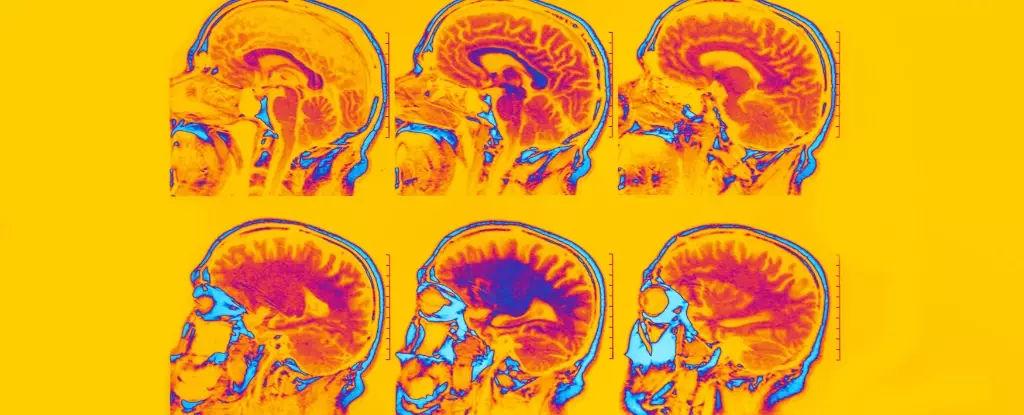The latest research in the field of depression and anxiety treatment is revolutionizing the way we approach mental health. A study conducted by a team of neuroscientists from the US and Australia has identified six distinct types of brain activity patterns among individuals with depression and anxiety. By analyzing brain activity during rest and specific tasks, researchers were able to categorize participants based on their symptoms and responses to treatment.
The traditional ‘one-size-fits-all’ diagnostic approach in psychiatry often leads to trial-and-error treatment options for patients. This approach can be lengthy, expensive, and frustrating, with a significant number of patients not achieving remission after trying one treatment. However, with the discovery of different brain activity patterns, doctors may soon be able to match patients with the most effective therapies based on how their brains function.
The research team studied 801 participants diagnosed with various mental health conditions, including major depressive disorder, generalized anxiety disorder, panic disorder, and others. By using functional MRI brain scans to analyze 41 activation and connectivity measures for each participant, researchers focused on six brain circuits known to play a role in depression. This approach allowed them to identify overactive and underactive brain pathways specific to each participant.
The concept of precision psychiatry is gaining momentum, with the goal of identifying treatments that are most likely to be effective for individual patients. By using machine learning to cluster participants into different brain activity patterns, researchers were able to determine which treatments worked best for each subtype. For example, antidepressants were more effective for those with overactive cognitive brain regions, while talk therapy was more beneficial for individuals with specific brain activity related to depression and problem-solving.
Moving forward, researchers are exploring new cognitive biotypes of depression that affect a significant percentage of individuals with major depressive disorder. These cognitive deficits, such as attention, memory, and self-control, often do not respond to traditional antidepressants targeting serotonin. By utilizing fMRI to identify these cognitive biotypes, researchers are paving the way for more personalized and effective treatment options for individuals with depression.
The future of depression treatment lies in personalized therapy approaches based on individual brain activity patterns. By moving away from the traditional trial-and-error methods and towards precision psychiatry, researchers are striving to provide more effective and targeted treatments for those struggling with mental health conditions. As we continue to uncover the complexities of depression and anxiety, advancements in brain imaging technology and treatment options offer hope for a brighter future in mental health care.



Leave a Reply